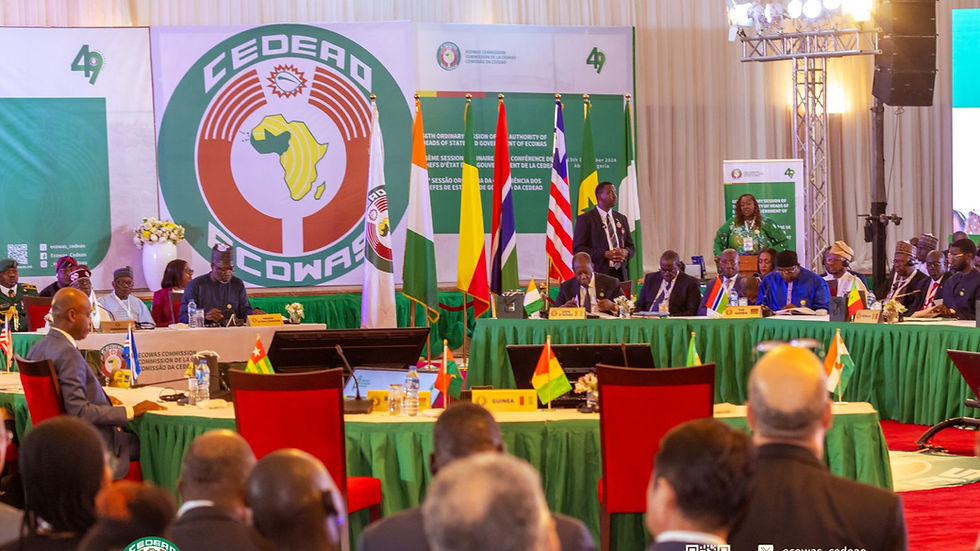On the UN's Global Anti-Drug Day, Civil Society Fights Back [FEATURE]
- WADPN

- Jul 8, 2015
- 4 min read
The UN Office on Drugs and Crime (UNODC) today released its 2015 World Drug Report as the organization marked the International Day Against Drug Abuse and Illicit Trafficking, but civil society groups around the world used the occasion to take to the streets to demand an end to the global drug prohibition regime.

The report itself was relatively anodyne by UNODC standards, noting that illicit drug was “stable,” with around 250 million people having used illegal drugs in the previous year. There was “little change in the overall global situation regarding the production, use and health consequences of illicit drugs,” the UNODC noted.
The annual report did make note of deleterious consequences related to drug prohibition — including high overdose death rates and health consequences, as well strengthening terrorist and organized crime networks — but failed to acknowledge the role of prohibition in creating and aggravating the very problems it claims to address.
Global civil society took it upon itself to rectify that omission. Led by the International Drug Policy Consortium, dozens of groups mobilizing thousands of people marched or otherwise took action in at least 150 cities worldwide as part of the Support, Don’t Punish global advocacy campaign. Support has more than tripled since 2013, when 41 cities participated.
“On the 26th June, thousands of people in over 150 cities will take part in a global day of action for the Support. Don’t Punish campaign. The campaign is a global show of force to say enough is enough – it’s time to end the wasteful and damaging war on drugs,” said Ann Fordham, Executive Director of the International Drug Policy Consortium (IDPC).
“Governments need to wake up,” declared Idrissa Ba, Executive Director of the Association Sénégalaise pour la Réduction des Risques Infectieux chez les Groupes Vulnerables (ASRDR) and member of the West African Commission on Drugs. “In the last year we’ve spent another $100 billion on fighting the drug war, and yet again we’ve seen no change, but the human cost in terms of lives lost, new HIV infections or the forced detention of people who use drugs is immeasurable. Doing the same thing over and over and expecting a different result, isn’t that the definition of madness?”

In New York City, people from groups including the Drug Policy Alliance, Students for Sensible Drug Policy, the Harm Reduction Coalition, National Advocates for Pregnant Women, Espolea, México Unido Contra la Delincuencia, and Transform met an UN headquarters to demand reforms in the broken global drug prohibition system.
In Washington, DC, another march went from the State Department to the White House to demand that the Obama administration take stronger steps to bring about an end to global drug prohibition and the human rights abuses committed in its name, including the resort to the death penalty for drug offenses.
“The purpose of ‘Support, Don’t Punish’ is not only to spread global awareness about the failures of prohibition, but to demand that world leaders place human rights at the forefront of any conversation around global drug trafficking,” said Jake Agliata, regional outreach coordinator for Students for Sensible Drug Policy, an organization with chapters on hundreds of campuses worldwide and which coordinated the DC march. “Executing people for nonviolent drug offenses is not acceptable, and the State Department should take steps to ensure that our tax dollars never contribute to this archaic practice.”
“The World Drug Report has dutifully laid out what some of the key harms of the current system are. But the report fails to note that the system itself is a cause of those harms, not a solution for them,” said David Borden, executive director of StoptheDrugWar.org, cosponsor of the DC march. “Prohibiting drugs sends both use and the trade in drugs into a criminal underground, generating untold profits for drug lords and causing terrible harms to many users. We were at the State Department today because we think the US should get behind efforts to reform the UN drug conventions. It doesn’t make sense to maintain a treaty structure that is based on prohibition while the U.S. and other countries are taking steps toward legalization.”

The death penalty for drugs is under attack. Here, Iran executes drug offenders. (handsoffcain.info)
The day of action is intended to help frame the debate in advance of a UN General Assembly Special Session on Drug scheduled for next April, where countries have the opportunity to revise international treaties that threaten to stand in the way of reforms such as marijuana legalization and harm reduction measures like syringe exchange.
Last month, a coalition of more than 100 organizations, including the American Civil Liberties Union and Human Rights Watch, released a sign-on letter calling on nations to begin the process of revising the drug control treaties. The letter is online here.
A full list of events from Friday’s global day of action is available here. Actions were set to to take place in Australia, Brazil, Egypt, India, Mexico, Nigeria, Russia, Thailand, Ukraine, the United Kingdom, and the USA – as well as in Argentina, Belgium, Benin, Bolivia, Bulgaria, Burkina Faso, Burundi, Cambodia, Canada, Colombia, Costa Rica, Denmark, France, The Gambia, Georgia, Ghana, Greece, Hungary, Indonesia, Ireland, Ivory Coast, Jordan, Kazakhstan, Lebanon, Liberia, Lithuania, Macedonia, Malawi, Malaysia, Mali, Moldova, Montenegro, Myanmar, Nepal, New Zealand, Niger, Norway, Philippines, Poland, Portugal, Puerto Rico, Romania, Serbia, Senegal, Sierra Leone, Slovakia, Spain, Switzerland, Tajikistan, Tunisia, Uruguay, Uzbekistan and Zimbabwe.
by psmith, June 26, 2015




Comments